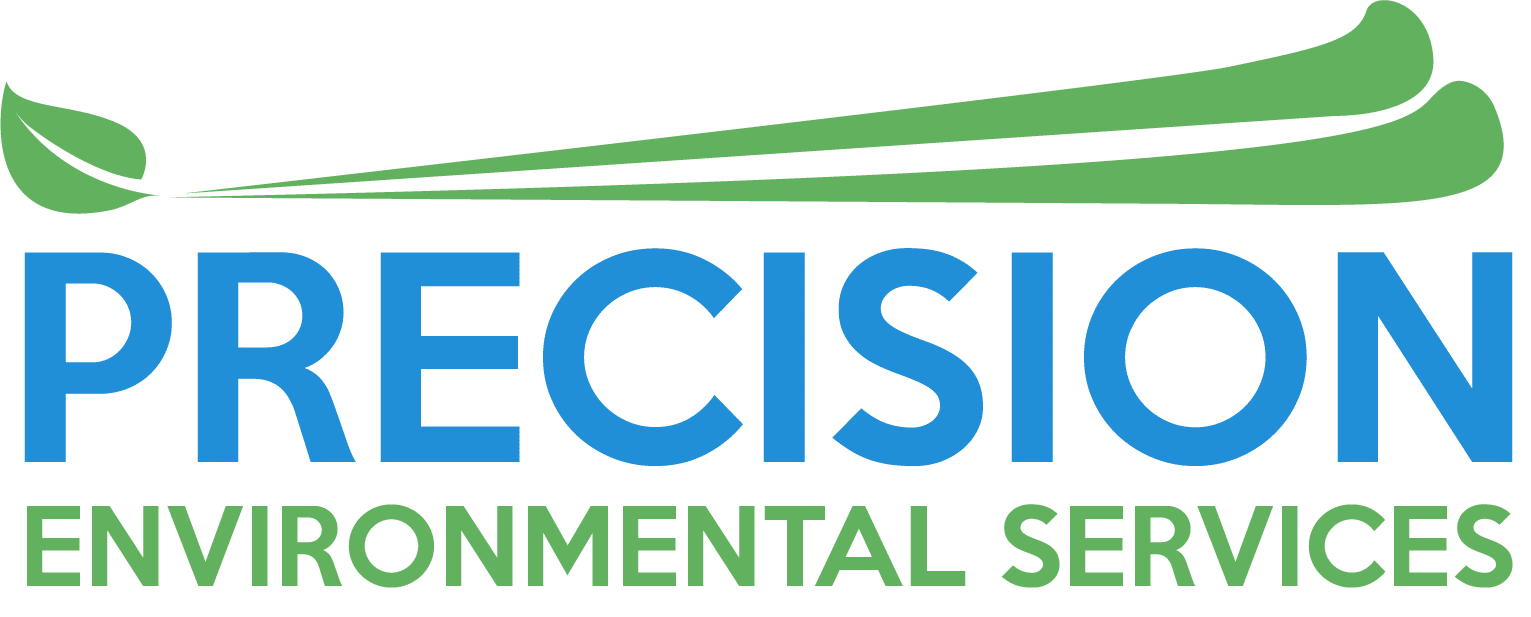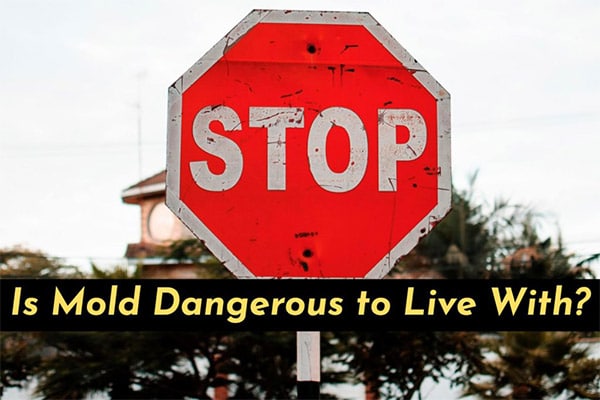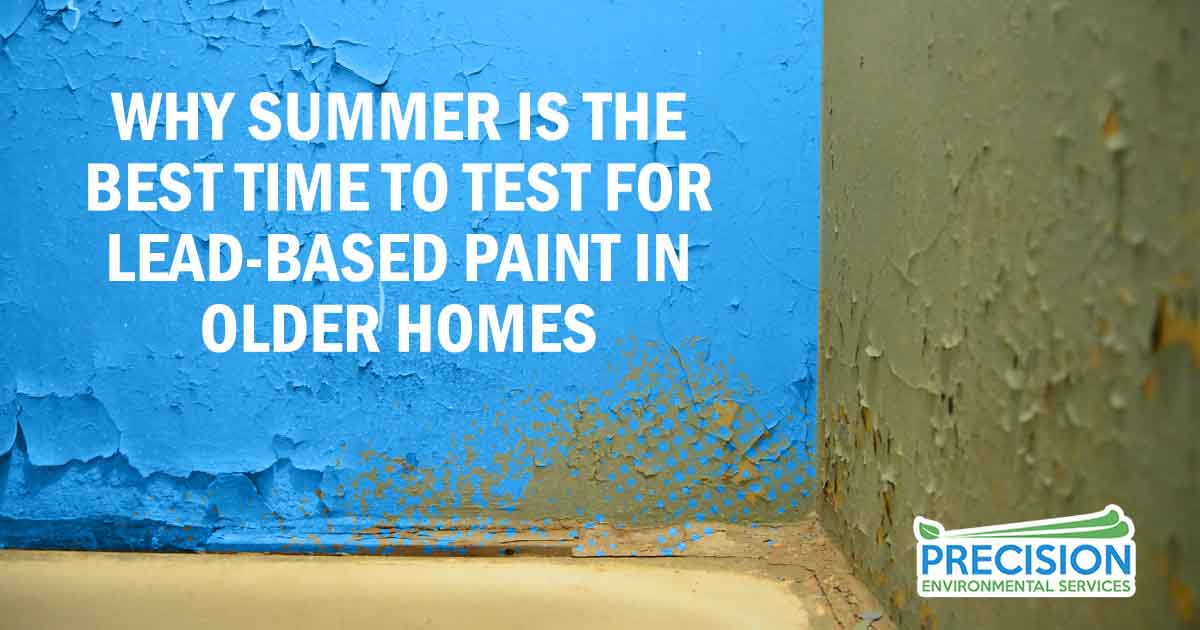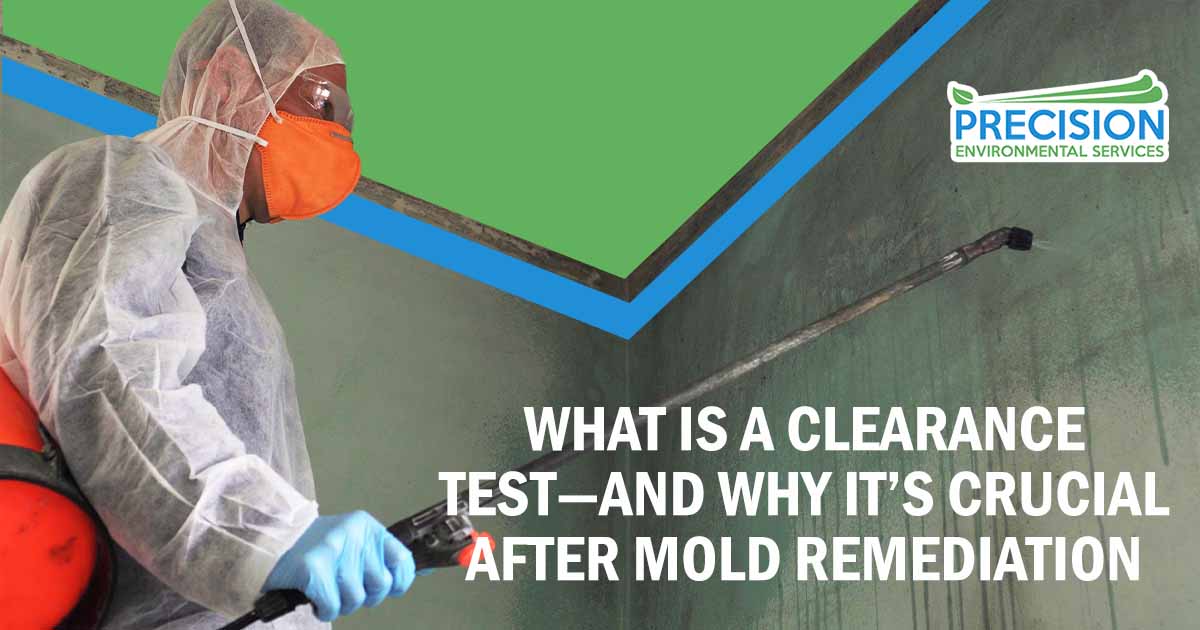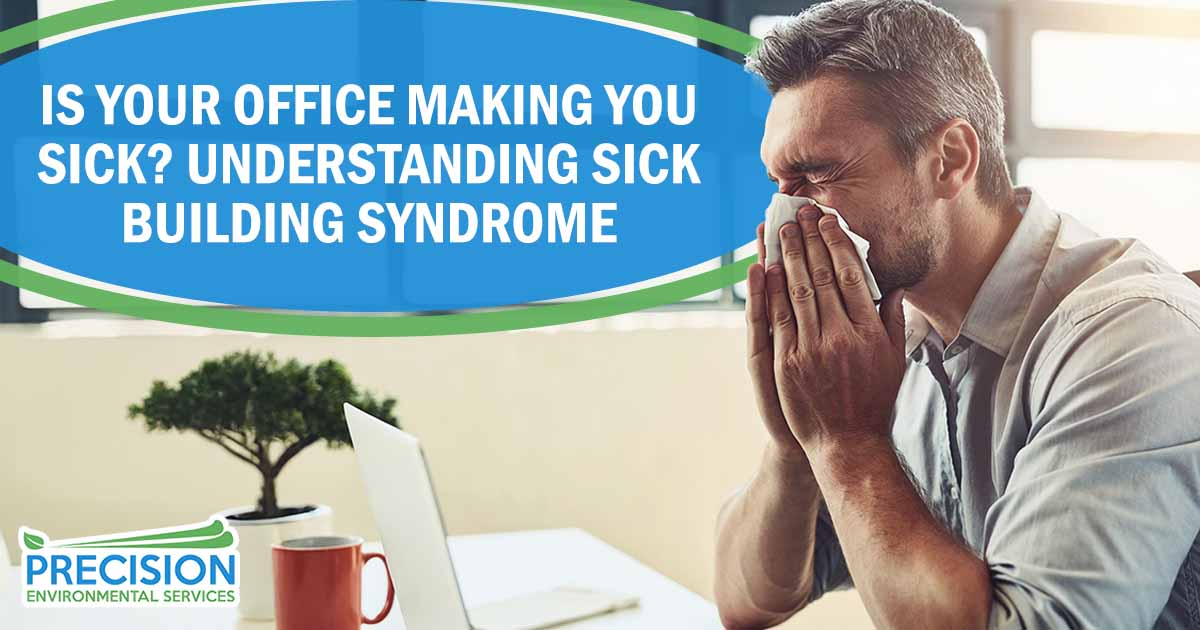Have you recently suffered with irritation in your eyes, nose, or throat? Or, have your chronic conditions, like asthma, have worsened? If so, the cause could be mold, and living with mold in your home can be dangerous.
Where Does Mold Grow?
Mold is all around us and can grow in a variety of conditions. In nature, mold helps to break down decaying materials. Indoors, it can cause problems for you, your family, and your home.
Mold thrives in dark, damp environments. That could be a basement, an attic, a bathroom, and even in the walls of your home. The moisture helps mold to grow and spread, through tiny spores that float through the air. When you breathe in these mold spores, that is when it can begin to have a harmful effect on you.
Is Mold Dangerous to Live With?
If you have experience water damage, or you live in a humid climate, your home can be the perfect place for mold to grow. Once it infiltrates your living space, it can be hard to get rid of. The CDC has warned that mold can lead to problems with the respiratory system, as well as spur increased symptoms of asthma and allergy, and conditions like pneumonia.
Because mold is not always visible, you may not realize that you have come into contact with its spores. However, there are ways to tell if you have been exposed. Health experts say people may experience some of the following symptoms after spending time in an area where mold is present:
As mold spores travel through the air, they produce allergens, irritants and mycotoxins. Some of those are toxic and lead to more serious conditions, such as:
Hypersensitivity Pneumonitis – This condition is caused by an allergy to certain dusts, fungi, molds or chemicals. Hypersensitivity pneumonitis causes the lungs to become inflamed and can cause scarring if it goes untreated.
Bronchitis – Bronchitis causes inflammation in the air passages that lead to your lungs. Some of the most common molds, including black mold, has been linked to disorders of the lungs such as bronchitis.
Chronic Rhinosinusitis – If you suffer from sinus infections often, mold could be contributing to your sickness. Mold spores make their way into the sinus cavity, which causes the body to release a chemical to fight any fungi. This chemical causes irritation and sticks around as long as there are fungi in the sinuses.
Who is most at-risk for health issues associated with mold?
Mold affects people in different ways. For some, symptoms are mild. Others, who are most sensitive, may suffer from more serious reactions when exposed to mold. There are certain risk factors that make you more likely to have allergy symptoms, or worse. Those risk factors include:
- A family history of allergies
- Immune suppression and/or underlying lung disease
- Chronic respiratory disease, such as asthma
- Living in a home with high humidity and poor ventilation
- Working or living in a home with water damage or excess moisture
What other problems can mold cause in my home?
While we know that mold can be harmful to our health, mold can cause other problems in your home. At the first sign of mold, contacting a professional to assess the situation and guide you in the removal process can keep you from getting sick, and from compromising the safety of your home.
Damage to Building Materials/Structure – Mold feeds on organic materials, and once it begins to grow can cause substantial damage. Molds can cause materials such as wood, paper and fabrics to rot. So, keeping an eye on your walls, carpet, floorboard and other structures is important. Left growing, mold could eventually lead to a ceiling collapse, the caving in of a floor, or the toppling of a wall.
Compromised HVAC Unit – Mold can also grow in ductwork, like in your heating, ventilation and air conditioning system. While mold can eat away at certain materials used in these systems, the larger danger is how quickly the spores can spread. Not only is the mold difficult to remove from your HVAC unit, the flow of air makes it easier for mold to reach other areas of your home.
While mold is not always easy to spot, it is important for homeowners to recognize the signs that mold may be present in your living area. If found, calling a professional to inspect and remove the mold will help ensure you and your family are not in any danger. Aside from finding and getting rid of mold, mold remediation services can also include getting rid of items or materials that may be leading to the growth of mold in your home, finding better ventilation to improve air circulation, and find ways to lower moisture levels.
To learn more about mold remediation services please call Precision Environmental Services at (940) 597-2673.
